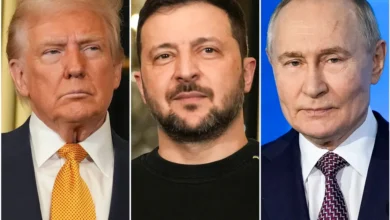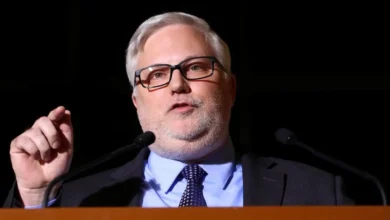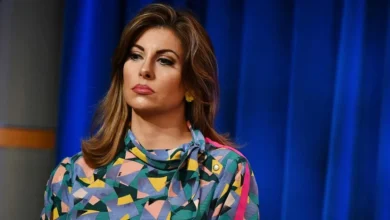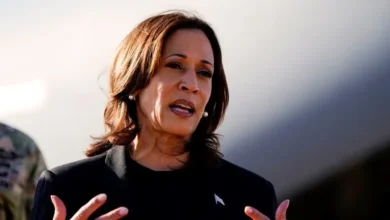New York judge grants 30-day delay in Trump hush-money case
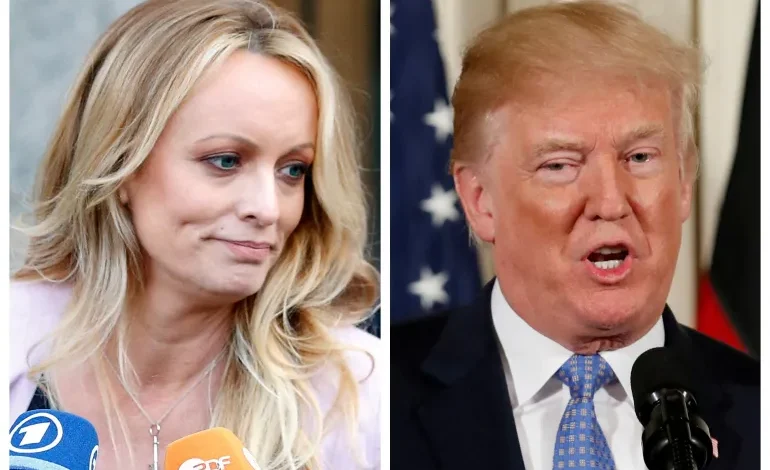
A judge in New York has agreed to postpone a criminal trial against former United States President Donald Trump for 30 days so that the defence team can review new evidence.
Judge Juan Manuel Merchan granted the delay on Friday after prosecutors signalled they were willing to push back the start of the trial, which centres on hush money payments made during the 2016 presidential race.
The trial was originally scheduled to begin on March 25. Even with the delay pushing the proceedings to April, the New York case is still expected to be the first of the four criminal indictments against Trump to go to trial.
On Thursday, New York prosecutors said they were open to delaying the start of the trial “in an abundance of caution” to give Trump’s lawyers time to review records from a previous federal investigation into the matter.
Trump – the presumptive Republican presidential nominee and likely opponent of President Joe Biden in the November election – has pleaded not guilty to 34 counts of falsifying business records related to the alleged hush money payments.
They include $130,000 allegedly sent from Trump’s former lawyer Michael Cohen to adult performer Stormy Daniels, to buy her silence about a sexual encounter she said they had a decade earlier.
In a heavily redacted filing dated March 8 and made public on Thursday, Trump’s lawyers said they needed more time to review thousands of pages of documents they recently received from the US Attorney’s office in Manhattan, which had previously investigated Cohen’s payment to Daniels.
Friday’s delay fell short of the 90-day delay the Trump legal team originally sought.
Trump denies an encounter with Daniels. His lawyers have argued that Cohen paid off Daniels to spare Trump’s family embarrassment – not to boost his electoral chances, as prosecutors have alleged.
They urged Justice Merchan to consider dismissing the indictment altogether, claiming some of the federal prosecutors’ evidence undermined the district attorney’s arguments.
